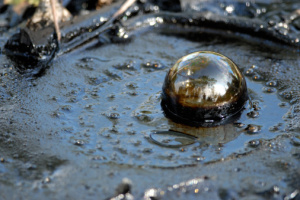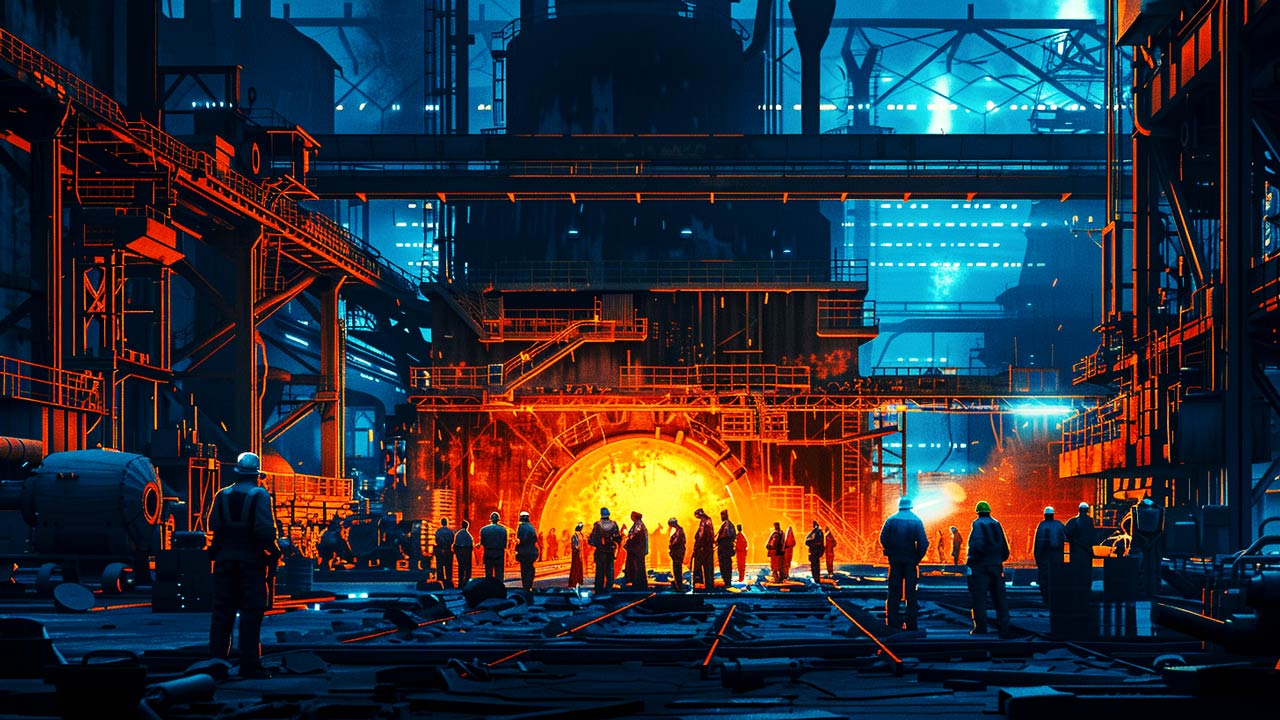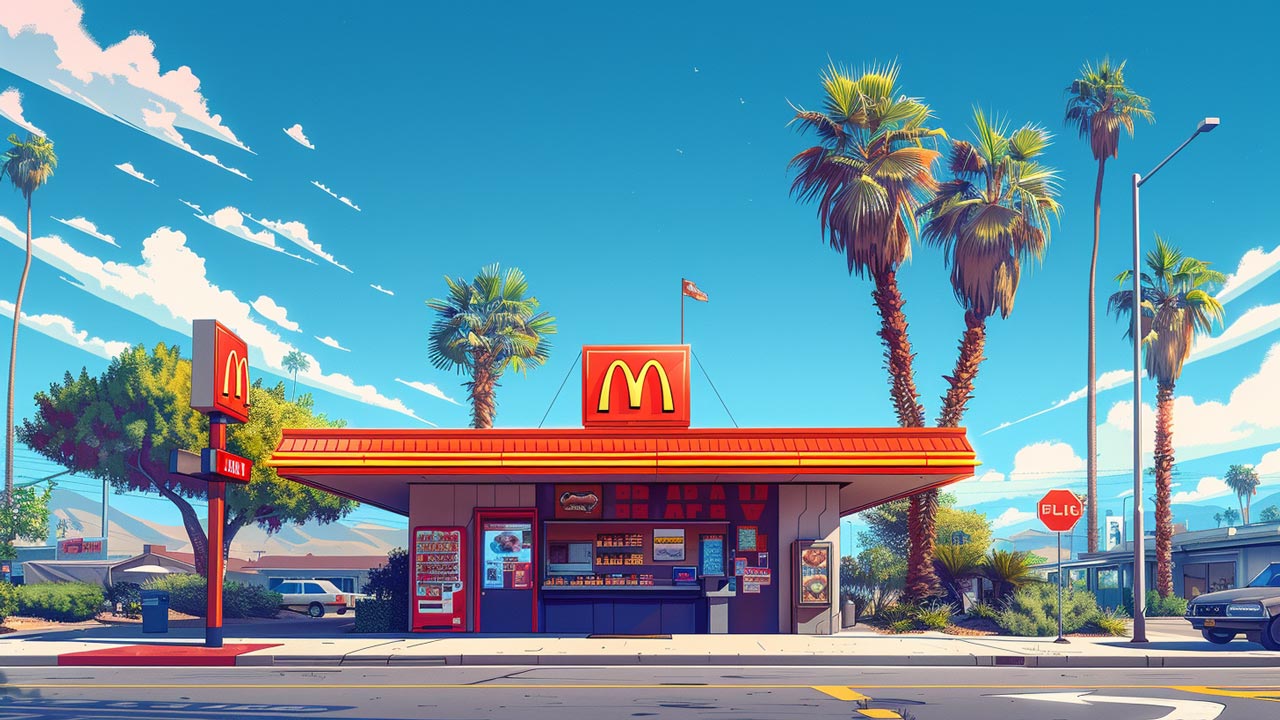Could Oil Be a Bigger Bubble than the Dot-Com Bubble? (Audio)
Earlier today, we reported on the potential effect plunging oil prices could have on the Federal Reserve’s plans to raise interest rates. Peter Schiff addressed exactly this is problem in his latest podcast. While many people see lower oil prices as a boon to the economy (who doesn’t want to pay less to fill up their gas tank?), Peter explains why this is a narrow-minded analysis. If the oil boom was actually a bubble, it could have dire implications for the United States.

If you want to understand the fundamental issues at play with the plunge in oil prices that is rocking the financial world, you can’t miss this segment from the Peter Schiff Show.
I don’t believe the Fed… is going to allow that recession [from falling oil prices]. They’re going to do the only thing they can do to stop it. That is unleash a tidal wave of new money in QE4, which is going to be bigger than QE1, 2, and 3 combined…”
Highlights from Peter’s podcast:
“We’re going to be importing more oil than ever before, because we’re not going to be able to produce oil at $30, $40 a barrel… If oil prices do go down, that means that all the capital investment in the oil sector over the past few years, all of the hiring, it’s all been a bubble. It’s all based on the false belief that $80 to $100 oil was here to stay. If it turns out that that was wrong, that that was a mania…
“Of course, one of the reasons for the mania was the Fed, all the cheap money that helped push up oil prices. There’s no accident that oil prices are now dropping as the Fed is ending QE and threatening to raise interest rates next year. So the air is coming out of this real oil bubble, because the Fed is threatening to prick it.
“So if it was a bubble, and all of this investment was malinvestment, what are the implications for the US economy when that bubble bursts? Well, what happened when the NASDAQ bubble burst in 2000? We had a recession when that bubble burst. Why should this be any different, especially when this is bigger in relation to the economy…
“As far as total employment, far fewer people certainly were employed by dot-com companies in 1999 than are employed in the oil industry right now. In fact, the few decent jobs we’ve created, they’ve been in the energy sector. So if that turns out to be a bubble, malinvestment, and we have to lay all these people off, that’s going to have a big impact on the economy. Sure, some consumers might save $10 a month on their gasoline, but how many consumers are going to lose their entire paycheck? …
“This is, I think, a much bigger deal for the economy than the NASDAQ bubble. The NASDAQ bubble burst and we had a recession. What did the Federal Reserve do? They lowered interest rates down to 1% from 5 or 6%. If this real oil bubble turns out to be a bubble, can the Fed lower interest rates to help the economy? No, they’re already at zero…”
Get Peter Schiff’s latest gold market analysis – click here – for a free subscription to his exclusive weekly email updates.
Interested in learning more about physical gold and silver?
Call 1-888-GOLD-160 and speak with a Precious Metals Specialist today!



 California’s government bet that they knew better than the free market. And now millions are paying the price. The story begins in 1919, when the city of Berkley, California instituted legislation setting aside districts that would only allow the construction of single-family housing. The idea spread, and soon much of California’s urban areas had adopted the zoning policy. Today, approximately 40% of the total land in Los Angeles is […]
California’s government bet that they knew better than the free market. And now millions are paying the price. The story begins in 1919, when the city of Berkley, California instituted legislation setting aside districts that would only allow the construction of single-family housing. The idea spread, and soon much of California’s urban areas had adopted the zoning policy. Today, approximately 40% of the total land in Los Angeles is […] The yen was once known as a safe-haven currency for investors to protect themselves when broader markets are shaky or other currencies are dropping, but those days are numbered. A stable government and consistent (and low) interest rates have been some of the driving factors, but it’s the unwinding of that ultra-low interest rate policy that will be the yen’s “safe […]
The yen was once known as a safe-haven currency for investors to protect themselves when broader markets are shaky or other currencies are dropping, but those days are numbered. A stable government and consistent (and low) interest rates have been some of the driving factors, but it’s the unwinding of that ultra-low interest rate policy that will be the yen’s “safe […] Whenever an election year rolls around, domestic manufacturing becomes a more central theme of discussion. Candidates from both sides, who seem to disagree on almost everything else, never waver in their commitment to auto manufacturers in Detroit and the steel industry. Republicans and Democrats never forget to remind the American public that they will try […]
Whenever an election year rolls around, domestic manufacturing becomes a more central theme of discussion. Candidates from both sides, who seem to disagree on almost everything else, never waver in their commitment to auto manufacturers in Detroit and the steel industry. Republicans and Democrats never forget to remind the American public that they will try […] The wizards at the Fed and US Treasury have been forced to acknowledge that their “transitory,” inflation is, in fact, quite “sticky.” And with the inflation elephant now acknowledged by the circus of high finance, Treasury yields keep inching up, recently reaching 4.7% — the highest since November. The Fed is stuck: It needs to raise interest rates to tame inflation and […]
The wizards at the Fed and US Treasury have been forced to acknowledge that their “transitory,” inflation is, in fact, quite “sticky.” And with the inflation elephant now acknowledged by the circus of high finance, Treasury yields keep inching up, recently reaching 4.7% — the highest since November. The Fed is stuck: It needs to raise interest rates to tame inflation and […] The solution to a problem shouldn’t make the problem worse. But apparently, California’s policy makers missed that memo. On April 1st, the state instituted a $20 minimum wage for fast food workers, the highest in the US. With California’s absurdly high cost of living, the policy appeared to make life more manageable for low-income residents. Unfortunately, as the adage goes, “If it sounds too […]
The solution to a problem shouldn’t make the problem worse. But apparently, California’s policy makers missed that memo. On April 1st, the state instituted a $20 minimum wage for fast food workers, the highest in the US. With California’s absurdly high cost of living, the policy appeared to make life more manageable for low-income residents. Unfortunately, as the adage goes, “If it sounds too […]
Also a trade war between Saudi Arabia and us regarding market share. Iran and Russia will loose for now.
peter: how we can be so sure that the gold price @1400-1300 is a babbil? Maybe the actual price us 400-500?
Thank you for your honest question. It’s a big one – why does Peter think that gold is not in a bubble and shouldn’t be priced around $500? The quick answer is that the fundamentals don’t support such a price. It costs much more than $500 to mine and refine an ounce of gold. On top of that, there is huge demand for gold – prices don’t drop when demand is high and supply is limited. Finally, such a low price for gold would mean that currencies like the US dollar are steadily getting stronger. They’re not. In fact, lots of smart people like Peter believe the world monetary system is in for some major trouble. Check out this new post: https://schiffgold.com/interviews/brace-collapse-world-monetary-system-2016-video/
Such a LOGICAL and straightforward THINKING person – makes a lot of sense – what a change to have no twisted opinions and fodder